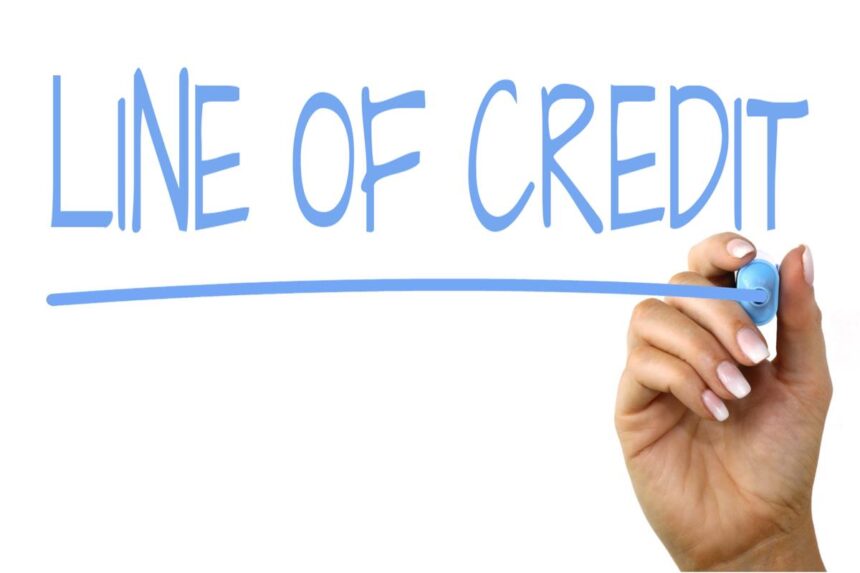How to Repair Your Credit and Increase Your Score
It’s no secret that having a good credit score is important for many aspects of life, such as getting a loan or a mortgage, or even finding employment. Unfortunately, a poor credit score can cause you a lot of stress and even have a detrimental effect on your financial life. Fortunately, there are ways to improve your credit score and repair your credit. Here are some tips on how to go about doing it.
Check Your Credit Report for Errors
The first step to repairing your credit is to check your credit report for errors. You can get a free credit report from each of the three major credit bureaus (TransUnion, Experian and Equifax) by visiting their websites or calling them. Be sure to thoroughly review your credit reports for any inaccuracies, such as unauthorized charges, inaccurate balances, or incorrect personal information. If you find any errors, contact each of the credit bureaus and dispute them.
Pay Your Bills on Time
One of the most important things you can do to improve your credit score is to pay your bills on time. Late or missed payments can have a significant negative impact on your credit score, so it’s important to get into the habit of paying your bills on time every month. To make it easier, consider setting up automatic payments with your bank or credit card, so you don’t have to worry about remembering to make your payments.
Set Up Automatic Payments
Setting up automatic payments for your bills is an effective way to ensure that you are always making your payments on time. This will not only help you repair your credit, but will also help you stay on top of your finances in general. You can set up automatic payments with your bank or credit card and have them deduct the payment from your account on a set day every month.
Pay Off Your Debt
The next step to repairing your credit is to pay off your debt. It’s important to keep your debt-to-income ratio low, and paying off your debt is the best way to do that. This means making more than the minimum payment on your credit cards or loans every month to reduce your balance faster. Additionally, commit to putting extra money towards your debt if possible, or consider applying for a debt consolidation loan to pay off what you owe and manage your payments.
Keep Low Balances on Credit Cards and Loans
Once you’ve paid off some of your debt, it’s important to keep your credit card and loan balances low. Your credit score is based in part on the amount of credit you have compared to the amount you are using. Aim to keep your balances below 30% of your available credit limit, and don’t open any new cards or loans unless absolutely necessary.
By following these steps, you can repair your credit and increase your score. It will take time, but the rewards of having a good credit score are well worth it. With a little dedication and effort, you can get your credit back on track.

